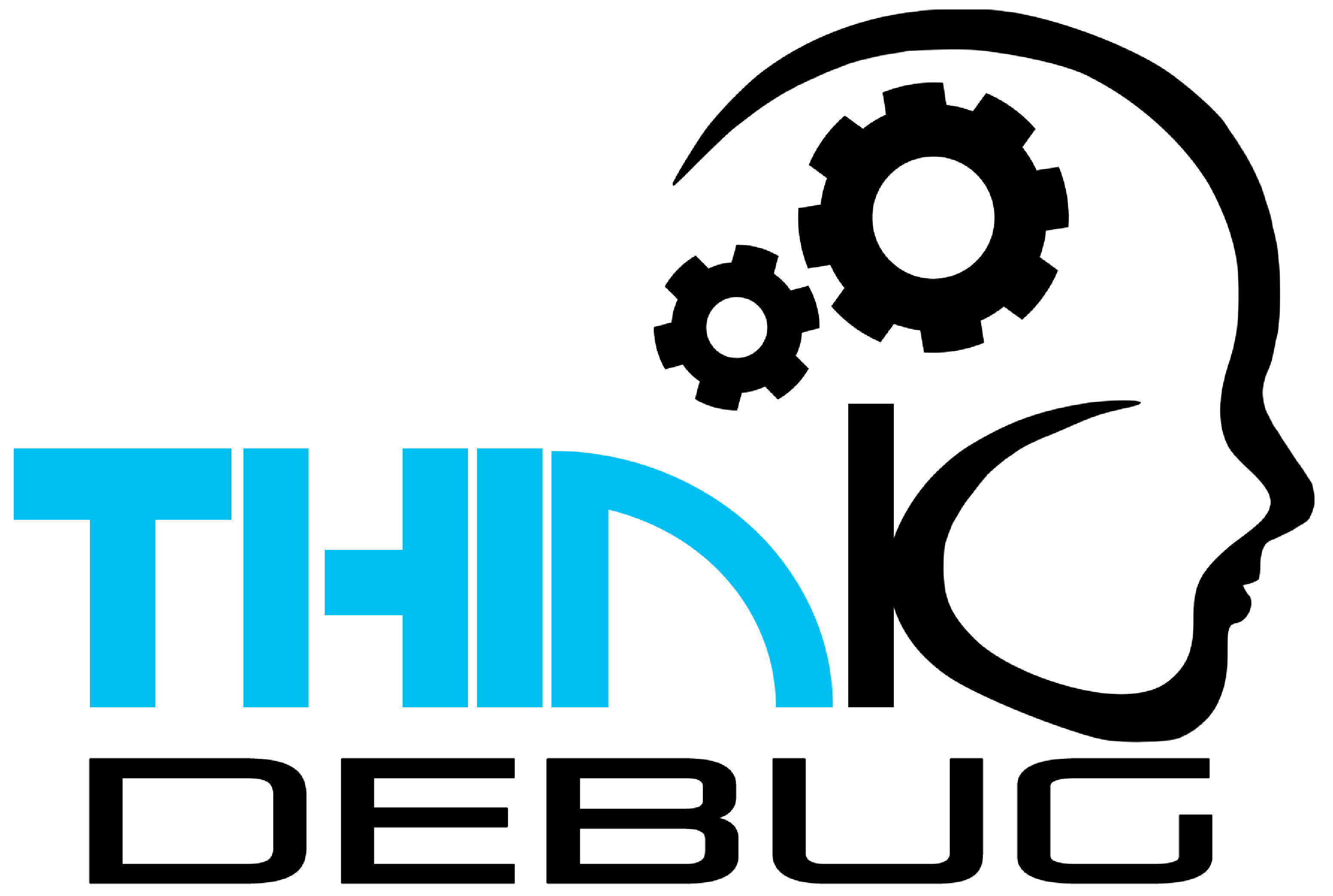In today’s hyper-connected world, it’s easy to assume the internet will always be available. But what happens when it’s not? Power outages, rural areas with poor connectivity, travel zones, or government restrictions—these challenges have created demand for apps that can work offline.
Enter Bitchat, a new peer-to-peer messaging app that is redefining how communication can work without servers, without internet—just phones talking directly to each other.
This is more than a messaging revolution; it’s the start of a new era in offline-first app development.
What Is Bitchat?
Bitchat, co-created by Twitter founder Jack Dorsey, is an experimental serverless messaging app. Instead of relying on data centers or Wi-Fi, it uses:
- Bluetooth Mesh Networks – Messages hop between nearby devices until they reach the recipient.
- End-to-End Encryption – Every conversation is private and secure.
- Decentralized Design – No central authority or servers.
In short: it’s WhatsApp without the internet.
Why Offline Messaging Matters in 2025
- Disaster Scenarios – Offline communication during earthquakes, floods, or blackouts.
- Remote Areas – Villages, mountains, and places with weak internet coverage.
- Privacy & Security – Avoids government censorship or server hacks.
- Cost Efficiency – No data charges needed for local messaging.
For businesses and developers, this opens huge opportunities in building apps for resilience, accessibility, and freedom.
The Technology Behind Offline Messaging
Apps like Bitchat leverage:
- Bluetooth LE (Low Energy) for short-range communication.
- Mesh Networking Protocols so devices relay messages across a chain.
- P2P Cryptography for safe, private conversations.
- Delay-Tolerant Networking (DTN) to store-and-forward messages until delivery is possible.
This tech stack isn’t just for messaging—it could power offline file sharing, social apps, or even financial transactions.
Beyond Chat: Use Cases for Offline-First Apps
- Community Networks – Local neighborhoods staying connected.
- Travel Apps – Tourists staying in touch without roaming charges.
- Workforce Tools – Teams in mining, oil rigs, or ships with no internet.
- Event Apps – Festivals or conferences with overloaded networks.
Offline-first isn’t just a feature—it’s a competitive edge.
The Future of Serverless Messaging Apps
- Hybrid Apps: Work both online and offline.
- Super Apps with Offline Mode: Banking, maps, and social media that continue to function offline.
- AI + Offline: Smart compression, local translation, and personalization without servers.
In 2025, offline messaging won’t be just a backup—it could become mainstream.
How ThinkDebug Can Help
At ThinkDebug, we specialize in next-gen mobile app development. Whether you’re a startup or enterprise, we can help you:
- Build offline-first apps with P2P communication.
- Integrate mesh networking and encryption.
- Create resilient apps that work anywhere, anytime.
Don’t wait for the future—build it today.
📞 Final Takeaway
Bitchat is not just an app; it’s a signal of where app development is headed. In 2025 and beyond, businesses that embrace offline-first, serverless, and decentralized apps will lead the next digital revolution.
The internet isn’t always guaranteed. Your app shouldn’t depend on it either.





